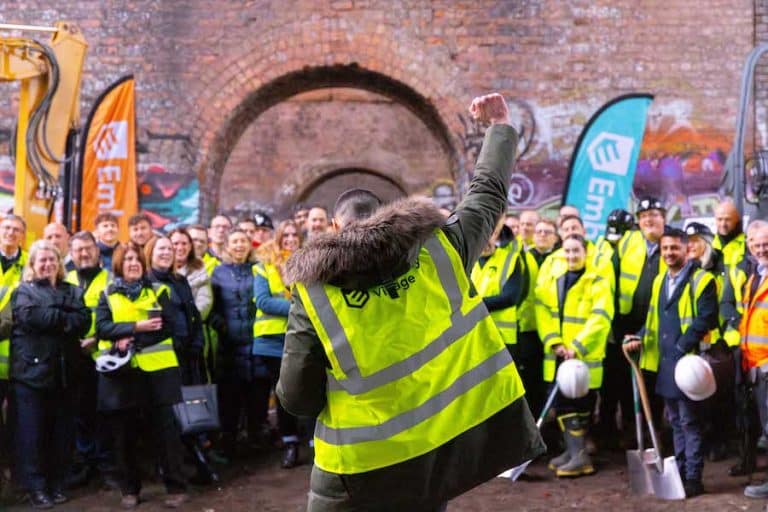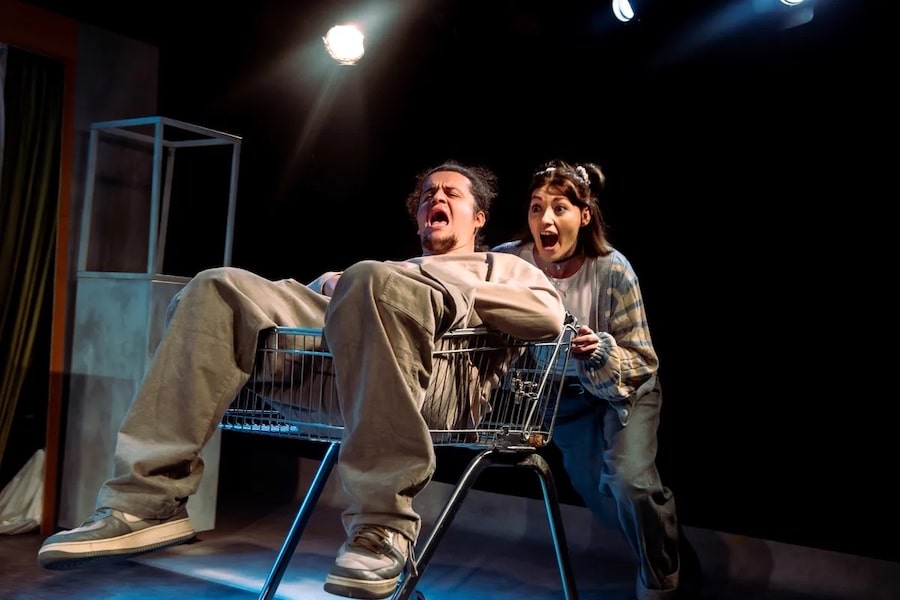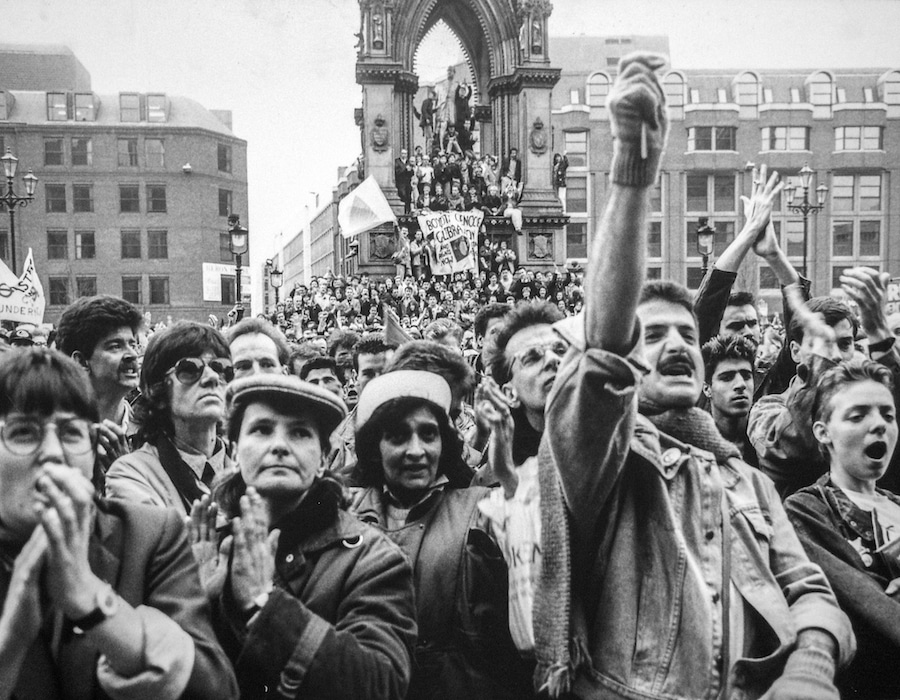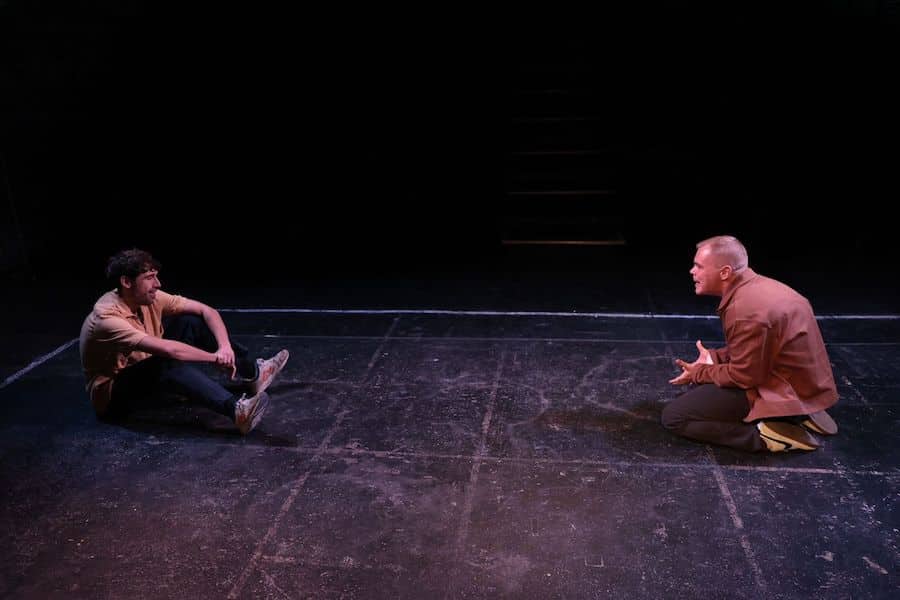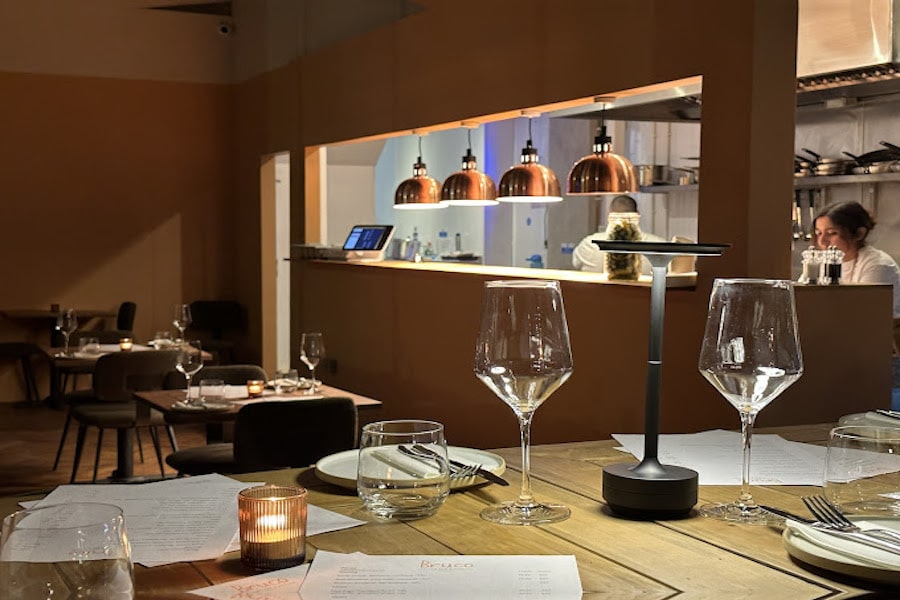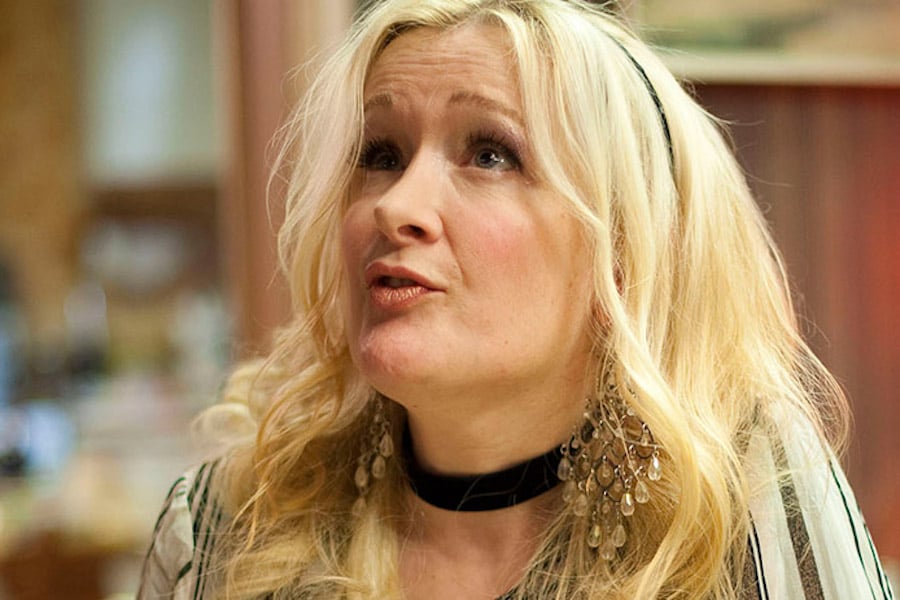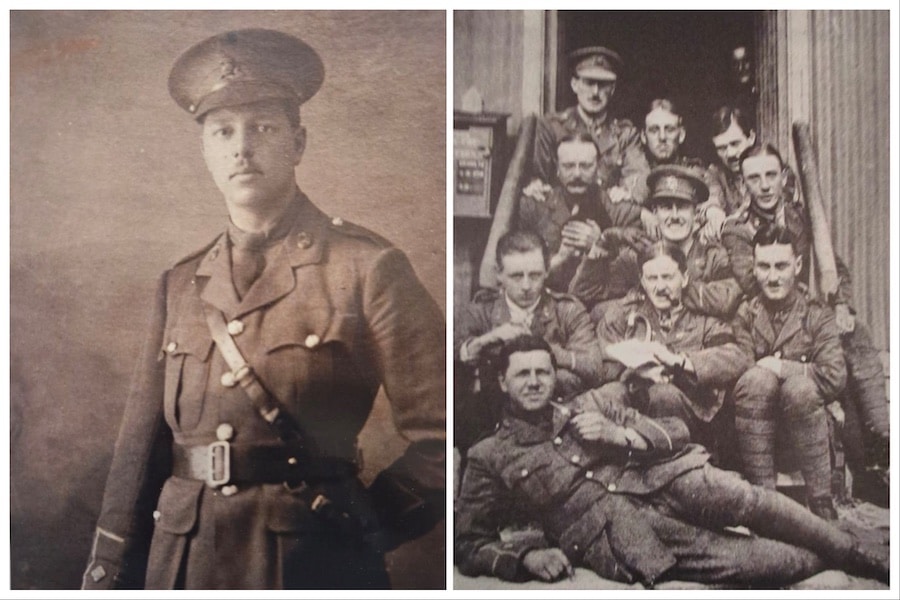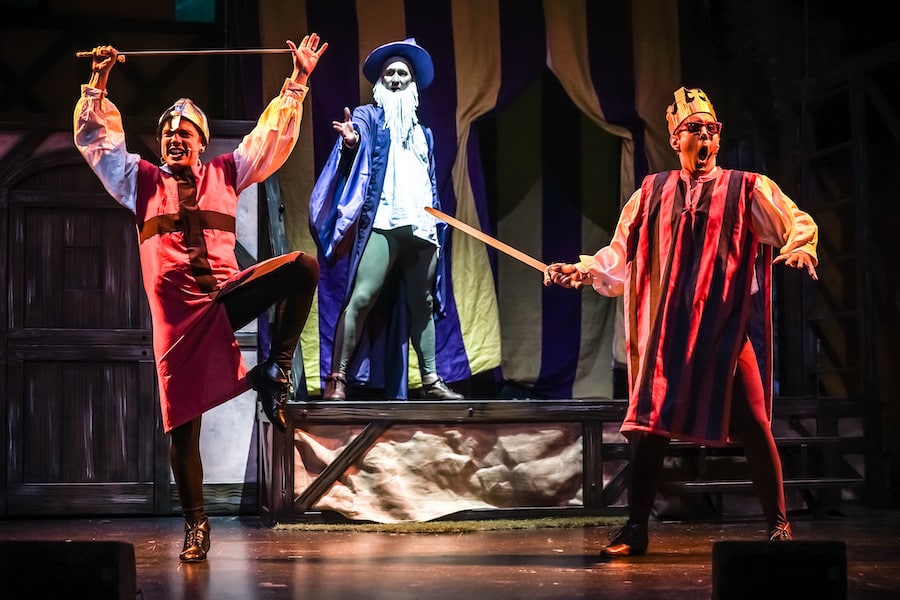Manchester dad’s story inspires new push for groundbreaking cancer research
- Written by Thom Bamford
- Last updated 3 weeks ago
- Charity, City of Manchester, Health & Wellbeing
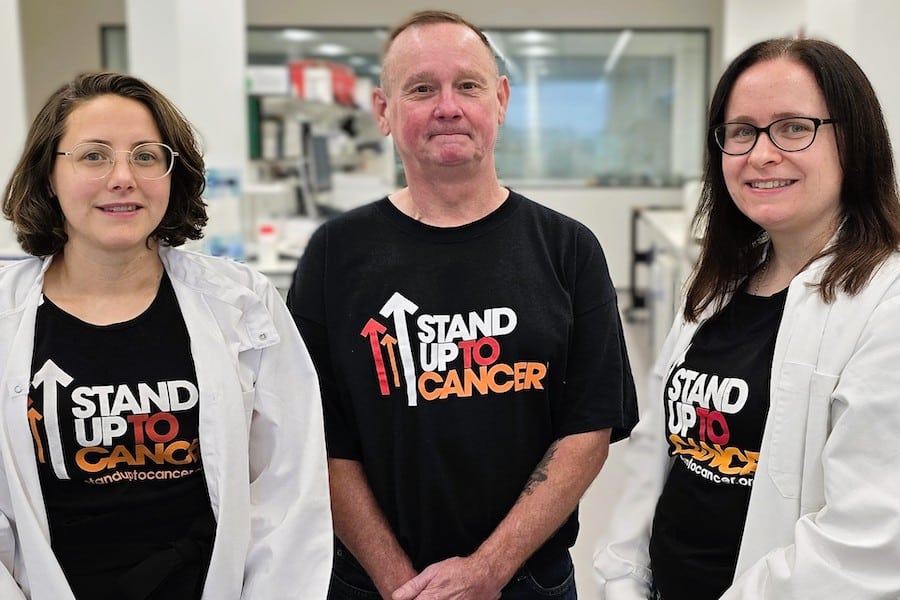
Described as a liquid biopsy, the blood test could offer hope for people diagnosed with cancer of unknown primary – a cancer that has spread through the body but it’s not clear where it started.
Dad-of-two, Lee Young, 58, was diagnosed with cancer of unknown primary in 2022 and doctors told him that he could have less than a year to
live.
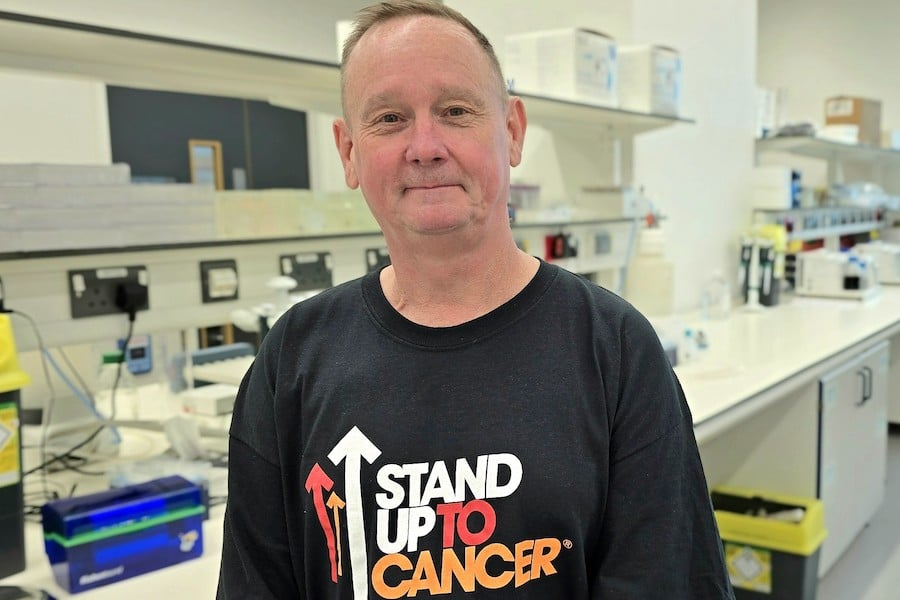
Now the mechanic from Denton is supporting Stand Up To Cancer – the joint fundraising campaign from Cancer Research UK and Channel 4 – in
the hope of finding answers.
There are around 1,100 deaths from cancer of unknown primary (CUP) every year in the North West of England – that’s around three every day – making it the sixth most common cause of cancer death in the UK.
Prognosis is usually poor because without knowing the location of the original tumour, treatment is limited, and doctors can only give a combination of chemotherapy drugs used to treat a broad range of cancers.
Cancer Research UK National Biomarker Centre
But now thanks to a new team set up at the Cancer Research UK National Biomarker Centre in Manchester progress is being made in this area with
the discovery of a new blood test that can locate hidden tumours by tracing DNA.
Scientists have already started work on the test and now they are conducting trials on a larger scale thanks to a funding boost of nearly £400,000 from Stand Up To Cancer.
Dr Alexandra Clipson
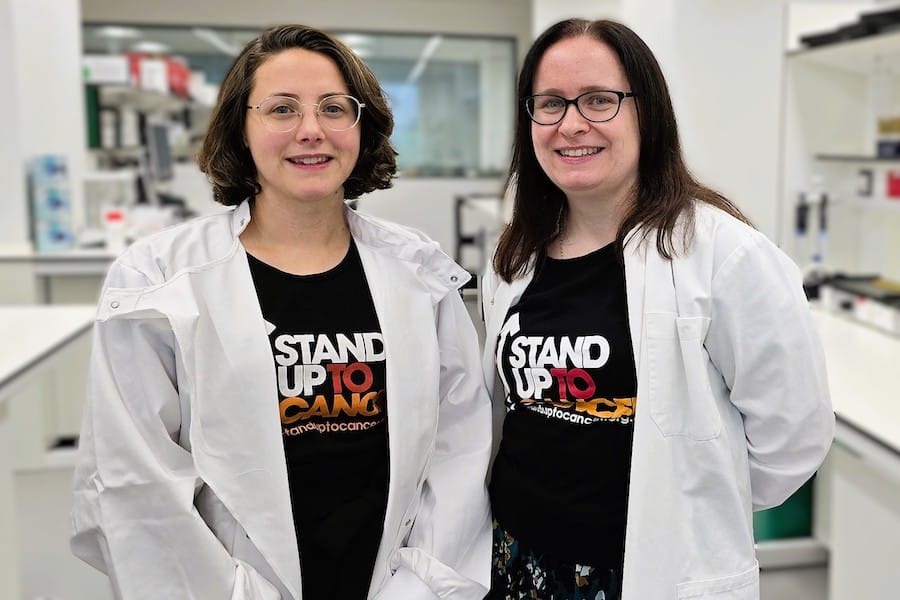
Co-lead for the project Dr Alexandra Clipson, Deputy Team Leader of the Nucleic Acid Biomarkers Team at the Cancer Research UK National Biomarker Centre said: “We’ve been exploring how we can use something called DNA methylation which is a way that our cells can ‘tag’ DNA.
“We need to look for a particular combination of these markers which can give us a postcode from a roadmap of the body to pinpoint where that piece of DNA has come from and in turn tell us the primary cancer location.
“All we need is two teaspoons of blood, so patients don’t need to have an invasive tissue biopsy for this test.
“So far we know our new liquid biopsy test works with high levels of accuracy on a small number of samples, but thanks to this funding from Stand Up To Cancer we’ll be able to test it on a much larger scale to validate the performance of the test to ensure that it is ready to reach patients.”
If successful, it is hoped the test could be rolled out to a clinical trial within three years to help improve treatment options for patients with cancer of
unknown primary.
Dr Alicia-Marie Conway, Academic Clinical Lecturer at The University of Manchester
Fellow co-lead Dr Alicia-Marie Conway, Academic Clinical Lecturer at The University of Manchester and CRUK National Biomarker Centre added:
“After our research is complete the final stage will be putting the test into a clinical trial of patients with CUP.
“Then not only will we see if we can make a diagnosis, but we’ll also see if treating patients based on the blood tests improves their outcomes and hopefully speeds up the time to treatment.
“This research and this blood test will give patients with CUP hope for the future.”
Lee, a grandad, who lives with wife Joanne, understands more than most the importance of research into cancers of unknown primary.
He was diagnosed after experiencing back pain and initially thought he’d pulled a muscle while playing golf. When it didn’t ease, Lee went to see his
GP who referred him for tests.
Unfortunately, soon after, a biopsy revealed an 8.5cm-long tumour near Lee’s kidneys, but to his surprise doctors couldn’t find where the cancer
had first started.
Then Lee was given the devastating blow that he could have less than a year to live.
He underwent six rounds of chemotherapy as part of a clinical trial and a recent scan discovered that the tumour had reduced in size by half.
Now Lee receives immunotherapy every three weeks and continues to be monitored regularly.
Lee said: “I had no idea what cancer of unknown primary was until it was explained to me. After being told the unthinkable I didn’t feel sorry for myself, there are people worse off than me. My glass is always half full, it has to be.
“The way I feel it’s like I have been given a second chance by outliving the original prognosis and I am grateful and make the most of every day.
“My tumour has shrunk, but they still can’t find the original source of the cancer, so it’s impossible to treat but they can try to maintain it.
“This research is vital. If doctors can find out where a cancer starts, then they will know how to treat it, and it could make all the difference to people’s lives.”
Now Lee hopes his story will inspire people to stand together against the disease by raising money to help make the next cancer breakthrough happen.
He’s calling on people across Manchester to get involved by taking part in Stand Up To Cancer’s 100 squats a day challenge this November or choosing from a host of fun-filled fundraising ideas with a free pack available online for inspiration and support.
With around 44,100 people diagnosed with cancer every year in the North West, the need to make faster advances is clear.
Stand Up To Cancer
Stand Up To Cancer takes developments from the lab and accelerates them into new tests and treatments that could help more people like Lee.
Lee added: “Cancer can affect anyone’s life, at any time, so we really have no choice other than to unite against it and help support the scientists to
keep making new discoveries.
“That’s why I’m lending my heartfelt support to this vitally important campaign. Now is the time for everyone across Manchester to Stand Up To Cancer. Every action big or small could make a difference.”
Since its launch in the UK in 2012, Stand Up To Cancer has raised more than £113 million, funding 73 clinical trials and research projects involving more
than 13,000 cancer patients.
Cancer Research UK spokesperson for the North West, Jemma Humphreys, said: “Thanks to our supporters, our scientists are working tirelessly to help
more people with cancer like Lee.
“By developing pioneering technology like this blood test, we are at the cutting edge of research. But we must go further and faster. Nearly one in two of us will get cancer in our lifetime.
“All of us can help beat it. That’s why we’re asking everyone to Stand Up To Cancer with us.
“Whether it’s choosing to donate, fundraise, or tackle the ups and downs of our squats challenge, if thousands of us make a stand we’ll speed up the progress of vital research – meaning more people live longer, better lives, free from the fear of cancer.”
Take part, donate or fundraise by clicking here
- This article was last updated 3 weeks ago.
- It was first published on 28 October 2024 and is subject to be updated from time to time. Please refresh or return to see the latest version.
Did we miss something? Let us know: [email protected]
Want to be the first to receive all the latest news stories, what’s on and events from the heart of Manchester? Sign up here.
Manchester is a successful city, but many people suffer. I Love Manchester helps raise awareness and funds to help improve the lives and prospects of people across Greater Manchester – and we can’t do it without your help. So please support us with what you can so we can continue to spread the love. Thank you in advance!
Got a story worth sharing?
What’s the story? We are all ears when it comes to positive news and inspiring stories. You can send story ideas to [email protected]
An email you’ll love. Subscribe to our newsletter to get the latest news stories delivered direct to your inbox.
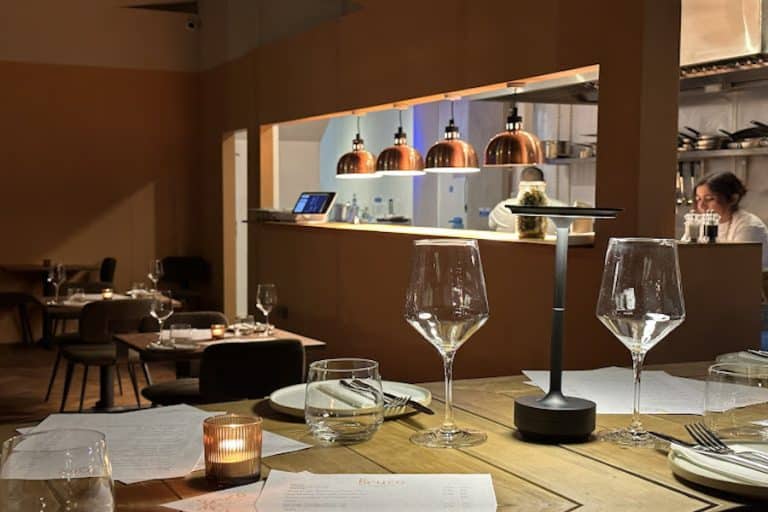
“Great food at excellent value” An authentic taste of Naples arrives in Ancoats

Review: Matthew Bourne’s Swan Lake at the Lowry is ‘a bold, contemporary twist on a timeless classic’
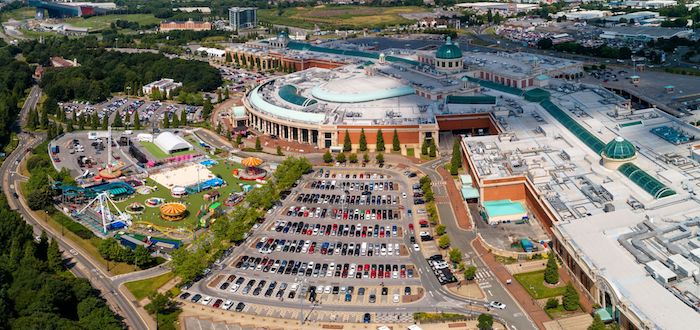
Convenience meets luxury with Trafford Centre’s premium parking
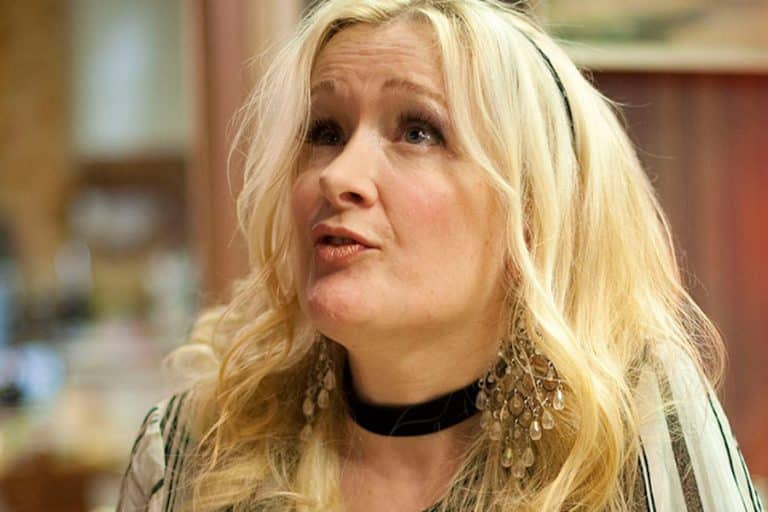
Comedian spearheads campaign for a statue of beloved comic Caroline Aherne
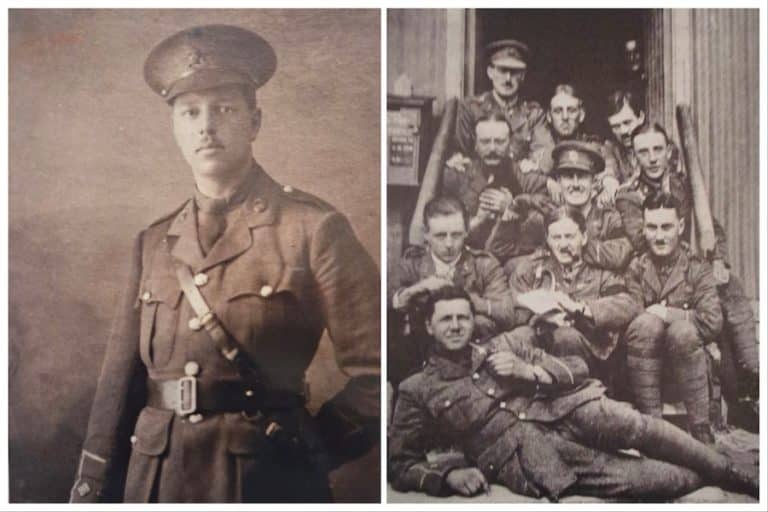
From Altrincham to the Somme: WW1 officer’s poignant sketches to go on display as part of Remembrance Exhibition
